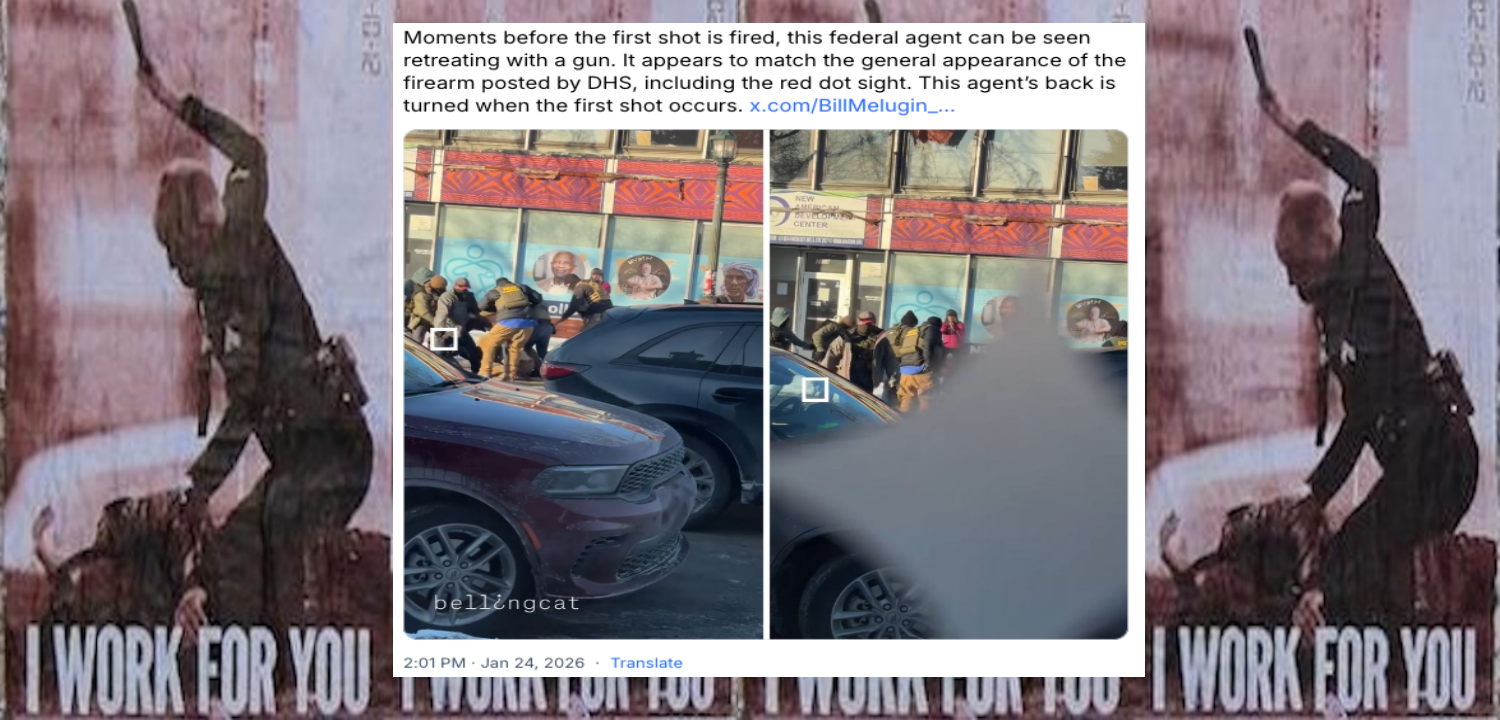Whiter than Arizona? "Papers Please" law is now in Effect: All Non-white Persons Can be Stopped by Police
/From [HERE] Arizona police can begin enforcing a controversial "show-your-papers" provision of a state law aimed at cracking down on illegal immigration that was upheld by the U.S. Supreme Court, after a federal judge lifted an injunction against the law on Tuesday. U.S. District Judge Susan Bolton, who is white, in a written order, lifted an injunction blocking the measure, which requires police to check the immigration status of people they stop and suspect are in the country illegally.
Section 2(B) gives police too much discretion when stopping or detaining persons while “checking” their citizenship status. The National Association of Criminal Defense Lawyers (NACDL) and AACJ argued in their brief that Sec. 2(B) cannot be implemented without racially profiling Latinos in violation of the Fourth Amendment’s prohibition on unreasonable searches and seizures and the Fourteenth Amendment’s Equal Protection Clause. (That is, police stops and detentions of persons based on physical characteristics or persons who look Latino (brown skinned persons or darker skinned persons who could appear to be African, Cuban, Dominican, Hatian or West Indian immigrants) to the police are reasonable in Arizona - any stop and detention of a non-white person). Even lawful detentions and arrests become unconstitutional when the detention becomes prolonged or unreasonable. If officers rely on profiling characteristics such as a person’s ethnicity in determining whether a person should be detained for an immigration check, Sec. 2(B) becomes an unconstitutional “stop-and-identify” law repugnant to all citizens. [HERE] and NACDL amicus curiae brief.
The measure is part of a broad clamp-down on illegal immigration in the state signed into law in 2010 by Arizona's Republican white supremacist Governor Jan Brewer, an outspoken critic of President Barack Obama's administration over federal policies on the issue. In approving the law, known widely as "SB 1070," Brewer had complained that the U.S. government failed to secure Arizona's border with Mexico.
Brewer said "today is the day we have awaited for more than two years," Brewer said in response to Bolton's ruling, adding that it was not enough to merely enforce the law.
"It must be enforced efficiently, effectively and in harmony with the Constitution and civil rights. I have full faith and confidence that Arizona's State and local law enforcement officers are prepared for this task," she said in a statement.
The measure requiring police immigration checks was one of several blocked by Bolton before the law took effect in July of 2010 and had been subject to repeated appeals by civil rights groups seeking to prevent it from going into force.
Obama's administration challenged the Arizona immigration law in court two years ago, saying the Constitution gives the federal government sole authority over immigration policy.
The U.S. Supreme Court upheld the "show-your-papers" measure in a landmark ruling in June, but tossed provisions that required immigrants to carry their papers at all times, banned illegal immigrants from soliciting work in public places, and allowed police to arrest them without warrants if suspected of crimes warranting deportation.
On Tuesday, Bolton also permanently blocked these three provisions.
'DOOR OPEN TO RACIAL PROFILING'
Opponents of the law complained that it amounted to a mandate for racial profiling of Hispanics, who make up nearly a third of Arizona's 6.5 million people, and urged the Obama administration on Tuesday to soften its impact.
"President Obama has the moral responsibility and legal authority to protect the people of Arizona," the National Day Laborer Organizing Network said in a statement.
"We expect he will do everything within his power to prevent the discrimination, punishment, and suffering that will escalate under ... (the law's) implementation," it added.
The organization called on Obama to instruct the U.S. Department of Homeland Security and the U.S. Immigration and Customs Enforcement agency to refuse to deport those it called "SB 1070's victims."
Omar Jadwat, a senior staff attorney with the American Civil Liberties Union Immigrants' Rights Project said the ruling "opens the door to racial profiling, wrongful detentions and arrests, putting everyone's civil rights at risk."
"Law enforcement resources are wasted when people are targeted based on their skin color, and our core American values of fairness and equality are compromised," Jadwat added in a statement.
In the Supreme Court's majority opinion, Justice Anthony Kennedy left open the possibility that, once the law took effect, constitutional or other challenges could proceed against the Arizona immigration status check requirement.
The ACLU has said it would challenge any instances of racial profiling that could arise following implementation from the measure.













































































































































































































































































